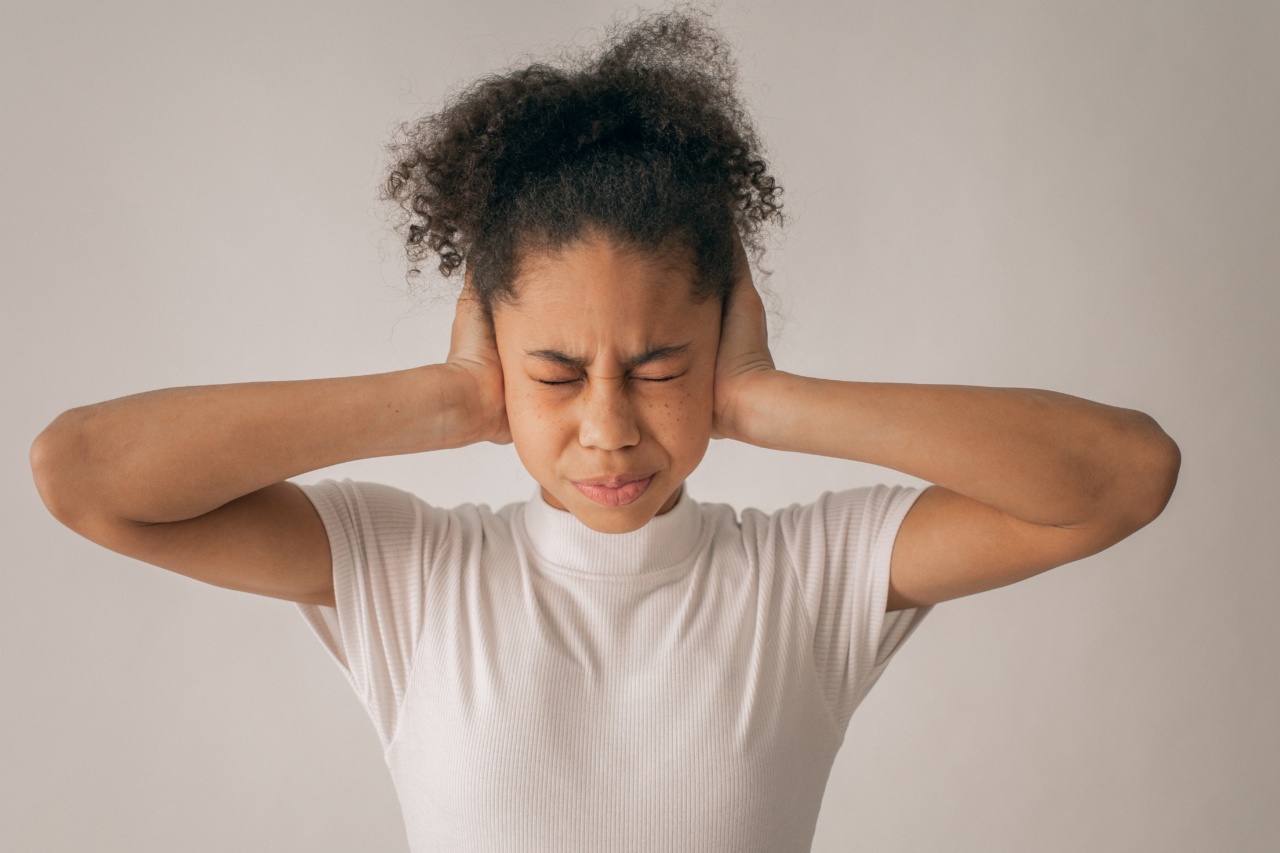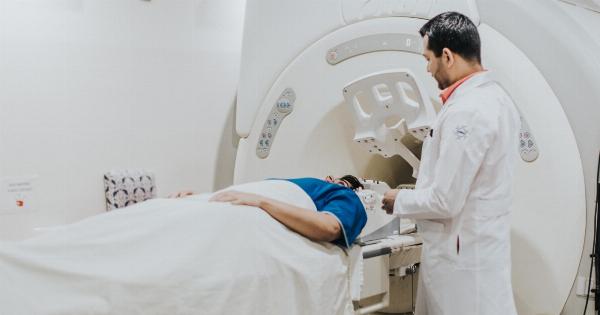Anxiety is a common mental health issue that affects millions of people worldwide, including children. Studies have shown that anxiety can cause changes in the hormonal system of children, leading to various health issues.
Hormones play a crucial role in almost all bodily functions, including growth, metabolism, and mood. Any disruption in the hormonal system can have adverse effects on overall health, and childhood anxiety can be a significant contributor to this.
Hormones and their Role in the Body
Hormones are chemical messengers that regulate, control, and coordinate various functions in the body.
They are produced by glands such as the pituitary, thyroid, and adrenal glands and are released into the bloodstream, where they travel to target tissues and organs. Hormones play a vital role in regulating bodily functions such as metabolism, growth, sexual development, and mood. They work in a complex feedback system, where the body regulates their levels to maintain balance and promote optimal functioning.
How Childhood Anxiety Alters Hormone Levels
When children experience anxiety, their bodies react with a “fight or flight” response, triggering the release of stress hormones such as cortisol and adrenaline.
These hormones are essential in helping the body cope with stress, but frequent and prolonged anxiety can lead to chronic elevations in these stress hormones, disrupting the body’s hormonal balance. This can, in turn, lead to various health issues.
One study found that children with anxiety disorders had abnormal levels of cortisol, a hormone that helps regulate stress responses.
These children had lower cortisol levels in the morning, indicating their bodies were not responding adequately to stress. They also had higher cortisol levels in the evening, indicating that their bodies were still in “stress mode” long after the stressful situation had ended.
Another study found that children with anxiety disorders had abnormal levels of growth hormone, a hormone that helps regulate growth and metabolism.
These children had lower levels of growth hormone, indicating that their bodies were not growing and developing as they should be.
Health Effects of Altered Hormone Levels in Children
The altered hormone levels caused by childhood anxiety can have adverse effects on health. Chronically elevated cortisol levels can lead to a weakened immune system, increased inflammation, and impaired cognitive function.
In children, this can lead to slower growth and development, lower cognition, and an increased risk of infections and illnesses.
The lowered levels of growth hormone caused by anxiety can also have adverse effects on growth and development. Growth hormone is vital in promoting bone growth, muscle development, and overall body growth.
Lowered levels of growth hormone can lead to stunted growth, delayed puberty, and inadequate muscle development.
Other Effects of Childhood Anxiety
In addition to altering hormone levels, childhood anxiety can have other adverse effects on health and well-being. Anxiety can lead to sleep disturbances, reduced appetite, and increased irritability and moodiness.
These symptoms can further exacerbate hormonal imbalances, leading to a vicious cycle of poor health and well-being.
Furthermore, childhood anxiety can also lead to long-term mental health issues, such as depression and anxiety disorders. Children who experience anxiety may be at an increased risk of developing mental health issues in adulthood.
Treating Childhood Anxiety
Treating childhood anxiety is essential in preventing the adverse effects of altered hormone levels. Treatment options for childhood anxiety include therapy, medication, and lifestyle changes.
Therapy such as cognitive-behavioral therapy (CBT) can help children learn coping mechanisms and reduce anxiety. Medications such as selective serotonin reuptake inhibitors (SSRIs) can also be effective in reducing anxiety symptoms in children.
Lifestyle changes such as a healthy diet, regular exercise, and good sleep hygiene can also help reduce anxiety symptoms in children.
Conclusion
Childhood anxiety can lead to altered hormone levels, disrupting the body’s hormonal balance and leading to various health issues such as poor growth, weakened immune function, and impaired cognition.
It is essential to treat childhood anxiety to prevent these adverse effects and promote overall health and well-being. Treatment options include therapy, medication, and lifestyle changes.































